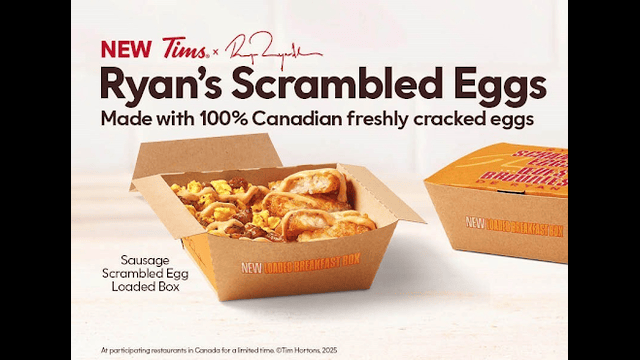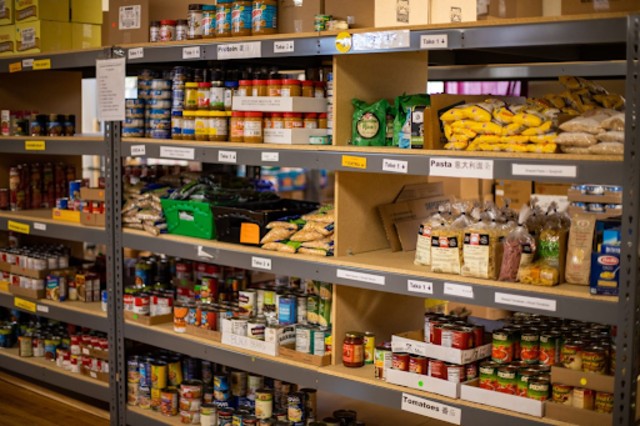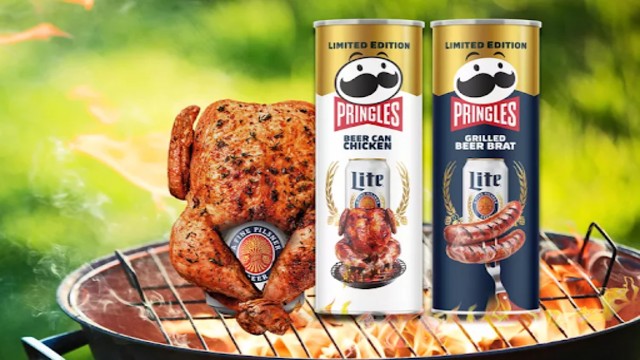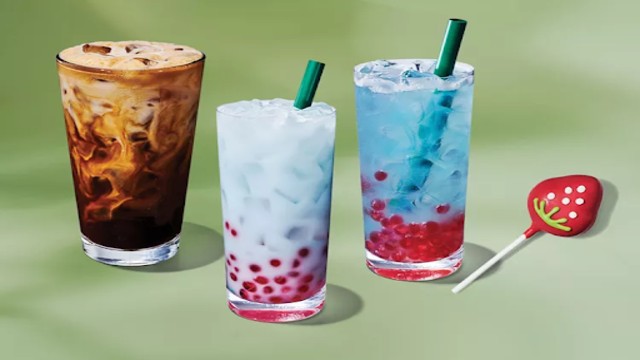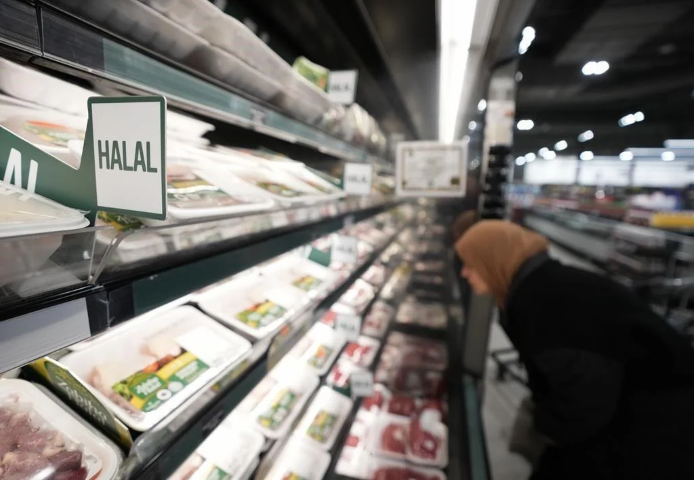
A woman shops in the halal food section inside a Metro grocery store in Milton, Ont., on Friday, January 12, 2024. THE CANADIAN PRESS/Nathan Denette
The Canadian food industry has witnessed a significant shift in response to the changing demographics and preferences of its population. One notable change has been the increasing availability of halal products, catering to the dietary requirements of the country's growing Muslim community. This shift reflects the broader expansion of halal offerings in grocery stores, from meat to snacks and desserts.
The catalyst for this change can be traced back to the alteration of the McCain Deep’n Delicious cake recipe around eleven years ago. The removal of beef gelatin from the cake made it halal, a fact that garnered attention and celebration within the Muslim community, emphasizing the impact such adjustments can have on consumer choices.
Canada's Muslim population has more than doubled since 2001, constituting nearly five percent of the total population according to the 2021 census. The growth is largely attributed to immigration, with around 19 percent of immigrants admitted between 2011 and 2021 identifying as Muslim. As a result, the demand for halal products has surged, prompting the food industry to adapt to this evolving consumer landscape.
The Halal Monitoring Authority (HMA), established in 2006, plays a crucial role in certifying halal-labelled products and ensuring compliance with halal standards. Halal requirements extend beyond meat, encompassing various food items that may contain animal byproducts like gelatin and rennet, along with the stipulation that products are free from alcohol.
Major food companies have recognized the growing market and are actively expanding their halal offerings. Maple Leaf Foods, for instance, has experienced increased demand for its halal products, with the Mina brand witnessing rising popularity since its launch in 2013.
The evolution of the halal food industry has been marked by increased transparency, particularly in labeling. The Canadian Food Inspection Agency (CFIA) enforced new halal labeling and advertising requirements in 2016. All halal claims must now be accompanied by the name of the certifying organization or individual, offering consumers more clarity and trust in their choices.
Despite the progress, challenges persist. Fraud remains a concern within the halal food industry, prompting calls for consumers to conduct thorough research and understand the certification processes of different organizations. The CFIA's regulatory changes have been a step toward addressing this issue, introducing accountability and providing consumers with a more reliable framework for halal certification.
As the halal food industry continues to flourish, major grocery chains are increasingly investing in halal products to meet the demands of a growing consumer base. Independent and specialty stores, known for their innovation and diverse selections, remain significant players in the market. However, major retailers are also adapting to the online shopping preferences of the Muslim community, who have shown a proclivity for savvy online shopping.
The trajectory of the halal food industry in Canada reflects not only changing demographics but also the adaptability of the food market to meet the evolving preferences of its diverse population. The availability of a wide range of halal products, coupled with increased transparency and regulation, has transformed the landscape for Muslim consumers, offering them more choices and fostering a sense of trust in the food they consume. As the demand for halal products continues to grow, the industry is poised for sustained expansion in the years to come.




